Report utilizes global patent data and three different types of AI to predict battery tech winners with strong implications for R&D investment by industry leaders; Lithium-based batteries remain the most viable technology in the near future, but graphene is improving by approximately 50% year-on-year
ROTTERDAM, The Netherlands, Jan. 9, 2024 /PRNewswire-PRWeb/ -- , the world's first predictive AI analysis platform that accurately and reliably predicts the technological future based on global patent data, today announced the publication of a special report — "The State of Charge - A Focus Report into the Future of Batteries" – that analyzes the current state of battery chemistries and forecasts which EV battery technologies are most likely to dominate in the years ahead. .
"The future of transportation is electric. Battery technology, however, remains a key bottleneck in terms of availability of resources, cost of production and battery performance," said Jard van Ingen, CEO and co-founder of Focus. "There are currently over a dozen emerging chemistries in the EV sector, and new technologies emerge exponentially faster every year, making it harder to evaluate and invest in the right technology — which is a major challenge in competitive industries like the EV sector. Our 'State of Charge' report reveals which battery type will dominate and shape the future of electrified transportation and which battery chemistry is the most worthy of EV automakers' R&D spend."
Automakers are aware of the challenges. An October 2022 revealed automakers are planning to spend nearly $1.2 trillion through 2030 to develop and produce millions of electric vehicles, along with the batteries and raw materials to support production. Recent high interest rates are hindering the ambitions of climate regulators and automakers to accelerate the transition to electric vehicles. However, EV sales remain strong, according to an October 2023 report by Cox Automotive. They surpassed 300,000 units in the U.S. for the first time in Q3 2023, and in September 2023, they grew 14.3% in the European Union and 22% in China, the world's largest EV market.
The Focus 'State of Charge' EV battery report includes the following major findings:
- Lithium-based batteries remain the most viable in the near term: As the most established battery chemistry for EVs (*TRL 7+), lithium-iron-phosphate batteries are improving the fastest — showing a slightly faster improvement rate than the other lithium-based battery chemistries.
- Despite the hype, Solid-state Lithium underdelivers: Solid-state Lithium is improving at the same rate as more established lithium-based chemistries, even though it is currently behind in its development. As a result, it is highly questionable whether or not solid-state Lithium will ever catch up and become the dominant battery chemistry.
- Graphene and Dual-Ion battery chemistries are improving the fastest at approximately 50% year-on-year: Innovation among emerging battery chemistries (*TRL <5) is significantly faster than current dominant chemistries, such as NMC (nickel manganese cobalt) — and over 20% faster than Lithium Ion.
- Graphene production will reach Lithium cost parity in the early to mid-2030s: Given the rate of improvement in graphene production, the Focus report forecasts that the cost of graphene will reach cost parity with Lithium in the early to mid-2030s, indicating that graphene batteries will become economically viable around that time.
Report Methodology:
The Focus platform continuously processes massive volumes of global patent data — accurately and in real-time. Focus uses three types of AI to analyze the future of battery chemistries, as well as human overview to verify the accuracy of 'The State of Charge':
- Large language models (LLMs): Provide continuous research into global patent data archives, which is useful for tech scouting, scoring, and comparisons.
- Vector Search: Provides real-time intelligence from the global innovation landscape and keeps a finger on the pulse of the entire technology sector.
- Multivariate Regression: The 'oracle' — capable of predictive analytics by identifying relationships between data and real-world outcomes.
- Human Overview: AI insights are reviewed by human experts to verify their accuracy, and AI insights enable near-infinite scaling of human expertise.
For the report, Focus analyzed Technology Readiness Levels (*TRLs) to gauge the maturity of battery technologies and the Technology Improvement Rate to measure the increase in performance per dollar per year of different battery chemistries.
Download the full 'State of Charge' special report on the future of batteries , or learn more at .
About Focus
Focus is the world's first predictive AI analysis platform that accurately identifies and reliably predicts the technological future based on global patent data. The SaaS-based Focus platform enables R&D teams, decision-makers and government offices to scout relevant technology trends in any sector, make decisions based on comparative analyses per use case, and predict future performance and costs with data-driven forecasting. The accuracy of the Focus platform has already earned the company significant large multinational customers, such as Philips and Reckitt, and Focus's largest customer, the U.S. Navy, which uses Focus extensively to determine international technology strategies on behalf of the U.S. government.
Founded in 2019 by Jard van Ingen and Thijs van de Poll and based in Rotterdam, The Netherlands, Focus is a privately held company backed by Shoe Investments. Learn more at .
Media Contact
Mindy M. Hull, Mercury Global Partners for Focus, 1 415 889 9977, [email protected], https://www.getfocus.eu
Michael Held-Hernandez, Mercury Global Partners for Focus, 1 480 306 1154, [email protected], https://www.getfocus.eu
SOURCE Focus

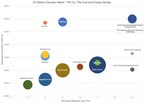

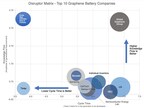



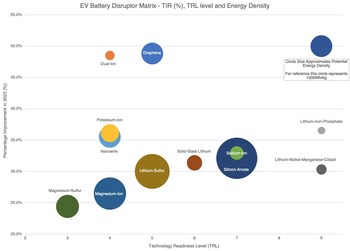
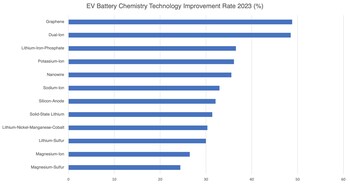
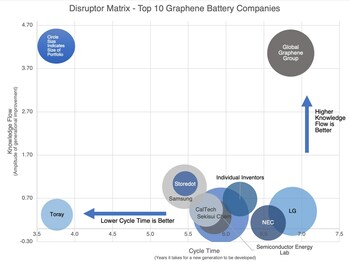
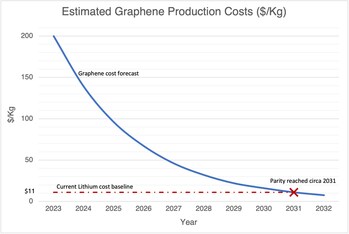
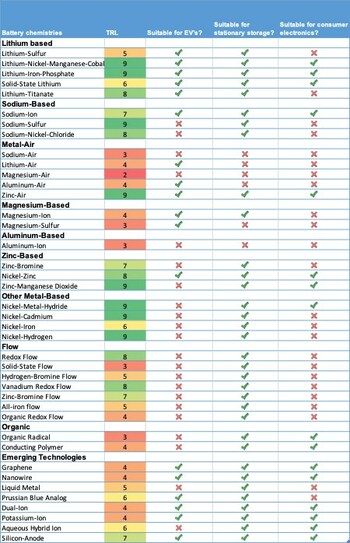
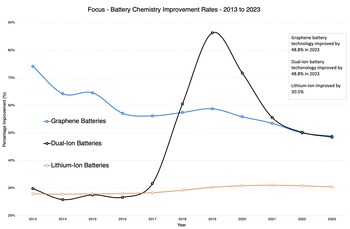
Share this article